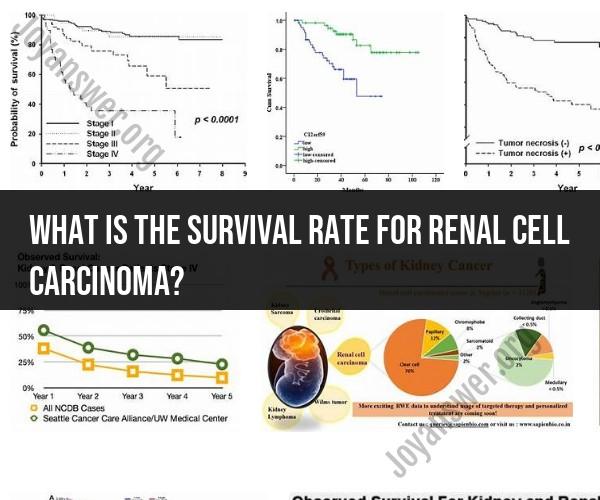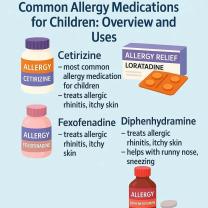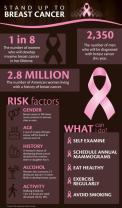What is the survival rate for renal cell carcinoma?
The survival rate for renal cell carcinoma (RCC), a type of kidney cancer, can vary widely depending on several factors, including the stage at diagnosis, the extent of the disease, the patient's overall health, and the specific treatment received. Survival rates are typically reported as the percentage of individuals who survive for a certain period after diagnosis. Here are some general statistics for the survival rates of RCC:
Five-Year Survival Rate: The five-year survival rate for RCC refers to the percentage of people diagnosed with RCC who are still alive five years after their diagnosis. The overall five-year survival rate for RCC is relatively high, with estimates ranging from approximately 70% to 80% or higher. This means that a significant proportion of individuals diagnosed with RCC survive for at least five years after their diagnosis.
Stage-Specific Survival Rates: Survival rates can vary significantly based on the stage of RCC at the time of diagnosis. RCC is typically categorized into stages I, II, III, and IV, with stage I representing localized disease and stage IV indicating metastatic or advanced cancer. In general, the earlier the stage at diagnosis, the better the prognosis. For example:
- Stage I RCC: The five-year survival rate is often over 90% because the cancer is confined to the kidney.
- Stage II RCC: The five-year survival rate is somewhat lower, but still relatively high.
- Stage III RCC: Survival rates decrease as the cancer advances locally or spreads to nearby lymph nodes.
- Stage IV RCC: This is the most advanced stage, and survival rates are lower. However, with advancements in treatments, some individuals with stage IV RCC may respond well to therapy and have improved survival.
Treatment Advances: The prognosis for RCC has improved over the years due to advancements in treatment options, including targeted therapies and immunotherapies. These treatments have provided additional options for individuals with advanced RCC and have contributed to longer survival times for some patients.
Individual Variations: It's important to note that survival rates are statistical estimates and do not predict the outcome for any specific individual. Many factors, including an individual's overall health, response to treatment, and genetic factors, can influence their prognosis.
Regular Follow-Up: Early detection and regular follow-up care with a healthcare provider are crucial for individuals diagnosed with RCC. Timely treatment and surveillance can help manage the disease effectively and potentially improve outcomes.
It's essential to discuss your specific situation with your healthcare team, as they can provide personalized information about your prognosis and treatment options. Kidney cancer treatment plans are tailored to each patient's unique circumstances, and survival outcomes can vary widely from person to person.
Survival Rates and Prognosis for Renal Cell Carcinoma
Renal cell carcinoma (RCC) is the most common type of kidney cancer. The survival rates for RCC vary depending on the stage of the cancer at diagnosis.
The 5-year relative survival rate for RCC is 77%. This means that people diagnosed with RCC are 77% as likely to be alive 5 years after diagnosis as people in the general population.
The survival rates for RCC by stage are as follows:
- Stage I: 93%
- Stage II: 72%
- Stage III: 57%
- Stage IV: 15%
The prognosis for RCC also depends on a number of other factors, including the person's age, overall health, and the type of RCC.
Understanding the Outlook for Individuals with Renal Cell Carcinoma
The outlook for individuals with RCC is generally good, especially if the cancer is caught and treated early. However, RCC can be a complex disease, and the prognosis can vary depending on the individual's circumstances.
People with RCC should work closely with their doctor to understand their prognosis and to develop a treatment plan that is right for them.
Factors Affecting Survival in Renal Cell Carcinoma Patients
A number of factors can affect survival in RCC patients, including:
- Stage of the cancer at diagnosis: Earlier stage RCC is associated with better survival rates.
- Person's age: Younger people with RCC tend to have better survival rates than older people.
- Person's overall health: People with RCC who are otherwise healthy tend to have better survival rates than people with RCC who have other health conditions.
- Type of RCC: Some types of RCC, such as clear cell RCC, tend to have better survival rates than other types of RCC, such as papillary RCC.
- Grade of the cancer: The grade of the cancer refers to how fast the cancer cells are growing and dividing. Higher grade RCC is associated with worse survival rates.
- Treatment response: People with RCC who respond well to treatment tend to have better survival rates than people with RCC who do not respond well to treatment.
It is important to note that survival rates are just estimates. The actual prognosis for an individual with RCC will depend on a number of factors, including those listed above.











